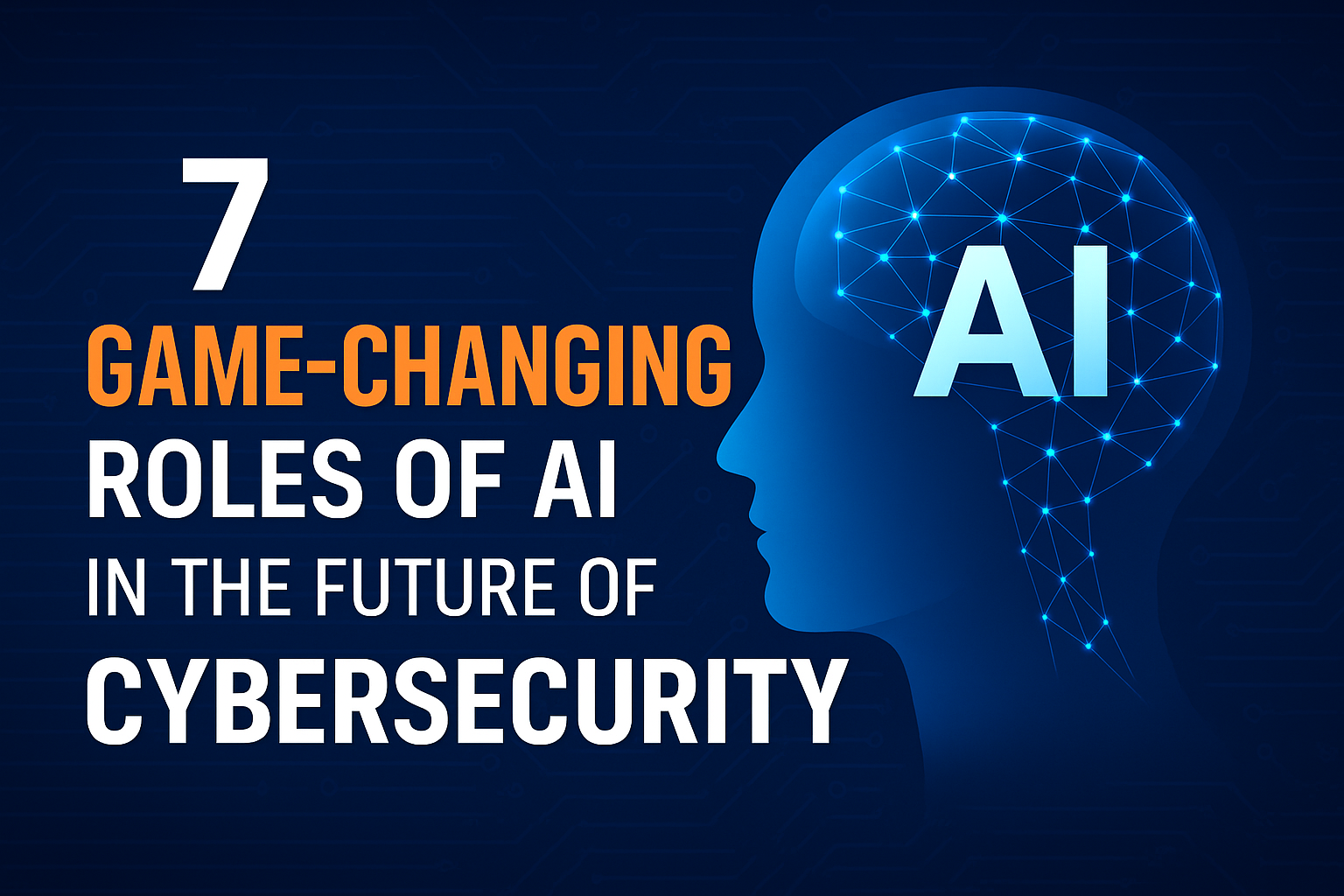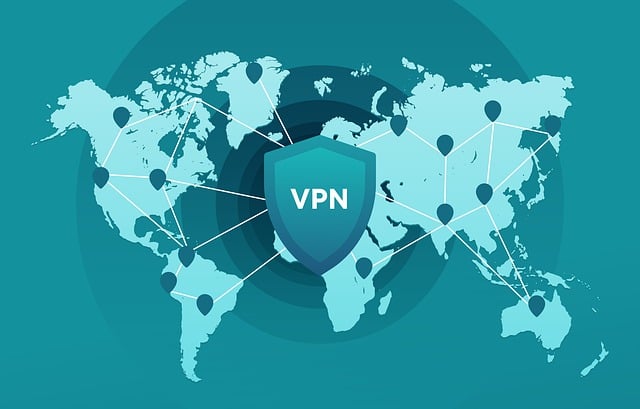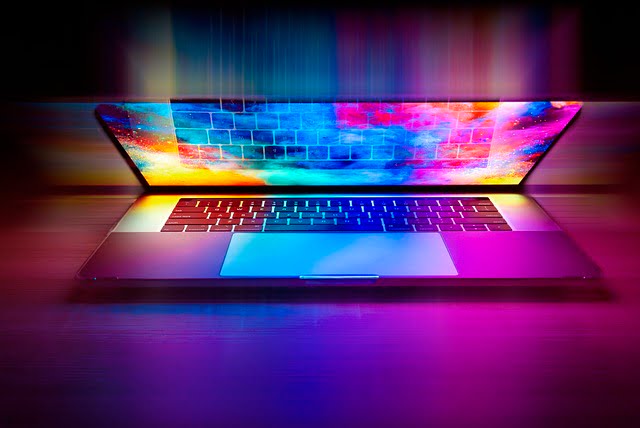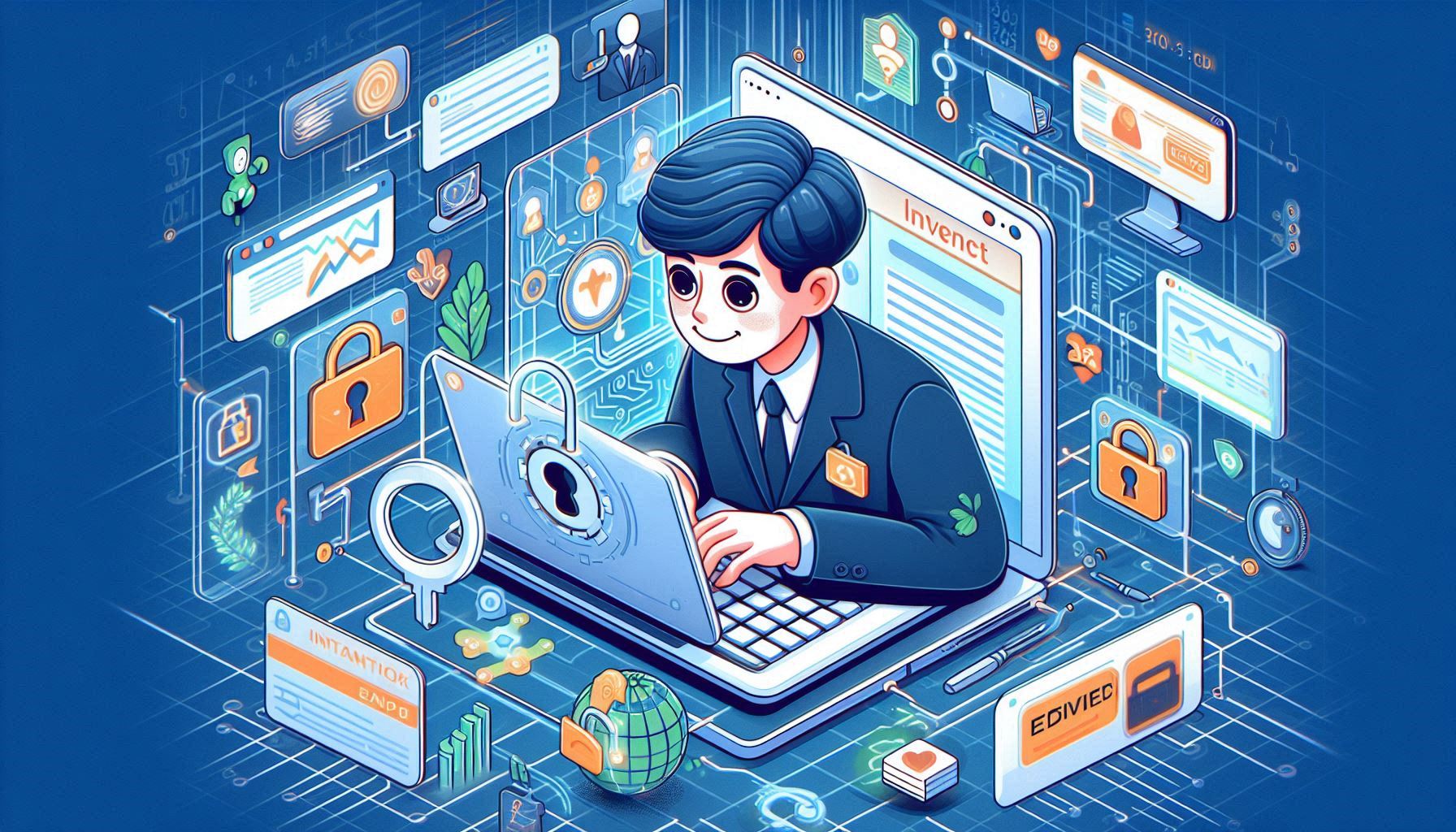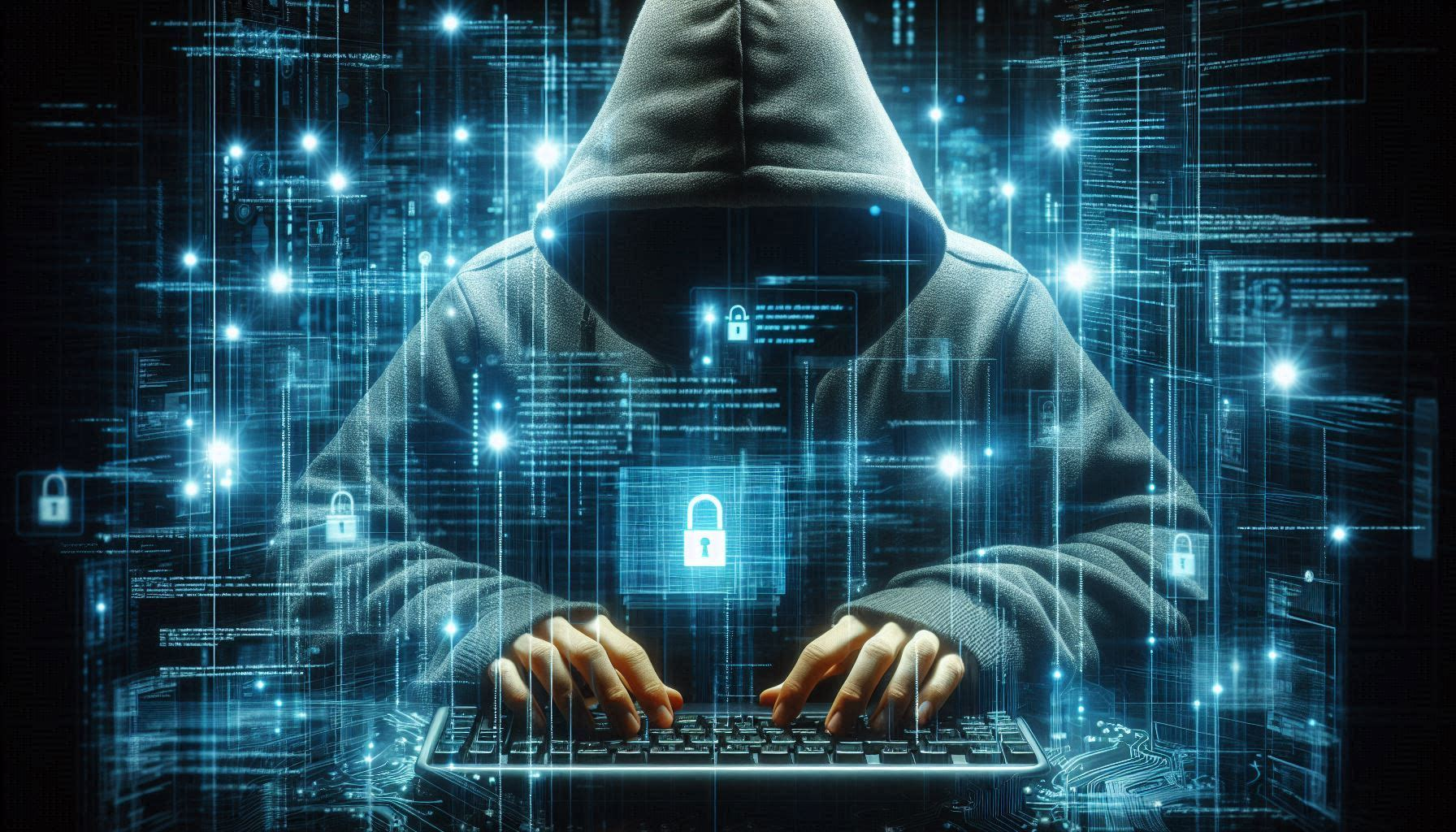Can Government Agencies Really Track You When Using a VPN? Separating Fact from Fiction
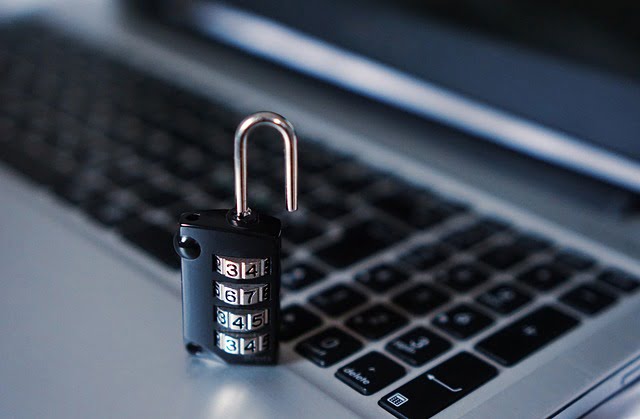
In an era where online privacy concerns are at an all-time high, Virtual Private Networks (VPNs) have emerged as a popular tool for individuals seeking to safeguard their digital identities. However, amidst the proliferation of VPN services, a common question lingers: Can government agencies track individuals even when they’re using a VPN? Let’s delve into this question and uncover the realities behind the myth.
Understanding VPNs: The Basics
Before diving into the intricacies of government surveillance and VPNs, it’s crucial to grasp the fundamentals of how VPNs work. At its core, a VPN establishes a secure and encrypted connection between a user’s device and a remote server operated by the VPN provider. This encrypted tunnel shields the user’s internet traffic from prying eyes, including hackers, ISPs, and potentially government agencies.
The Myth of Complete Anonymity
One of the prevailing misconceptions about VPNs is that they offer complete anonymity and immunity from government surveillance. While VPNs do enhance privacy by encrypting internet traffic and masking users’ IP addresses, they are not impervious to surveillance.
Government agencies, armed with sophisticated surveillance technologies and legal authority, possess the means to track individuals using VPNs under certain circumstances. This could include compelling VPN providers to disclose user data through legal channels or employing advanced surveillance techniques to circumvent VPN encryption.
Legal Frameworks and Jurisdictional Challenges
The ability of government agencies to track VPN users is influenced by a myriad of factors, including the legal jurisdiction in which the VPN provider operates. Laws governing data retention, privacy, and surveillance vary significantly across countries, creating a complex landscape for VPN users to navigate.
In jurisdictions where VPN providers are subject to stringent data retention laws or compelled to cooperate with government agencies, the privacy afforded by VPNs may be compromised. This underscores the importance of choosing VPN providers based in privacy-friendly jurisdictions and adhering to strict no-logs policies.
The Role of Encryption and Security Measures
While VPN encryption serves as a crucial line of defense against surveillance, it is not infallible. Government agencies may employ techniques such as deep packet inspection (DPI) or metadata analysis to glean insights from encrypted traffic and identify VPN users.
To mitigate these risks, users should opt for VPN providers that utilize robust encryption protocols and regularly audit their security measures. Additionally, practicing good digital hygiene, such as avoiding suspicious websites and utilizing additional privacy tools like encrypted messaging apps, can further enhance security.
Conclusion: Navigating the Complexities of Online Privacy
In the ever-evolving landscape of digital privacy and surveillance, the quest for anonymity is a nuanced and ongoing journey. While VPNs offer a valuable layer of protection against prying eyes, they are not a silver bullet for complete anonymity.
To safeguard their privacy effectively, individuals must remain vigilant, educate themselves about the risks and limitations of VPNs, and adopt a holistic approach to online security. By combining VPNs with other privacy-enhancing measures and advocating for stronger digital rights protections, users can empower themselves to navigate the complexities of online privacy with confidence.
Loading newsletter form...

